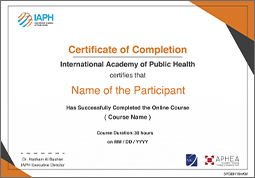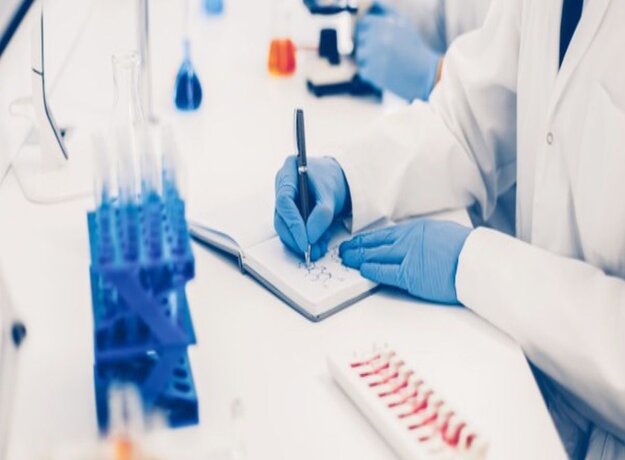Risk Management in Public Health Laboratories
The main aim of this program is to cover the essential details of developing and maintaining the safety settings in public health laboratories. The main focus will be on the containment and protection of workers mainly in the high-risk group laboratories dealing with hazardous biological materials (i.e. pathogens). Pathogens can be defined as any infectious agents ranging from viruses, bacteria, fungi, parasites and prions. The program is designed to help the residents identify and understand the biology of laboratory acquired infections by going in depth into the basics of microbiology and infection transmissions and accordingly the design of laboratories containing these different types of samples. This program will also help residents to develop rules, regulations, and practices that will maintain containment which is required to prevent potentially hazardous biological materials from escaping and spreading into the environment. The program will also focus on the safe shipping and handling of various biological materials.
Learning Outcomes
- Identify the challenges associated with laboratory acquired infections
- Explain the concepts of containment and develop methods for maintenance
- Choose the appropriate biosafety cabinets with matching features to the respective laboratories
- Develop building design complementing safety standards in agreement with WHO.
- Develop safe practices and protocols such as SOPs and MSDS that will aid in implementation.
- Identify the challenges associated with the shipment of biological samples and methods to tackle them.
Field Work
Residents spend seven weeks in the field work in order to be exposed to real-life situations and to practice the skills they gain with the guidance of a dedicated mentor. The following field projects are expected to be conducted during the field work period:
- Identify potential risks associated with handling biological samples such as bacteria and viruses in medical laboratories and know proper containment practices
- Develop and implement safety documents and procedures that entail handling samples, equipment, and laboratory space
- Implement the regulations that entail transport of biological samples.
Targeted Group
The programs are useful for public health professionals working for ministries of health, non- governmental organizations, and scientists/personnel working in medical research laboratories. Since this programs focus on management courses, this programs could help professionals seeking leadership positions in the biomedical industries.

Certificate





